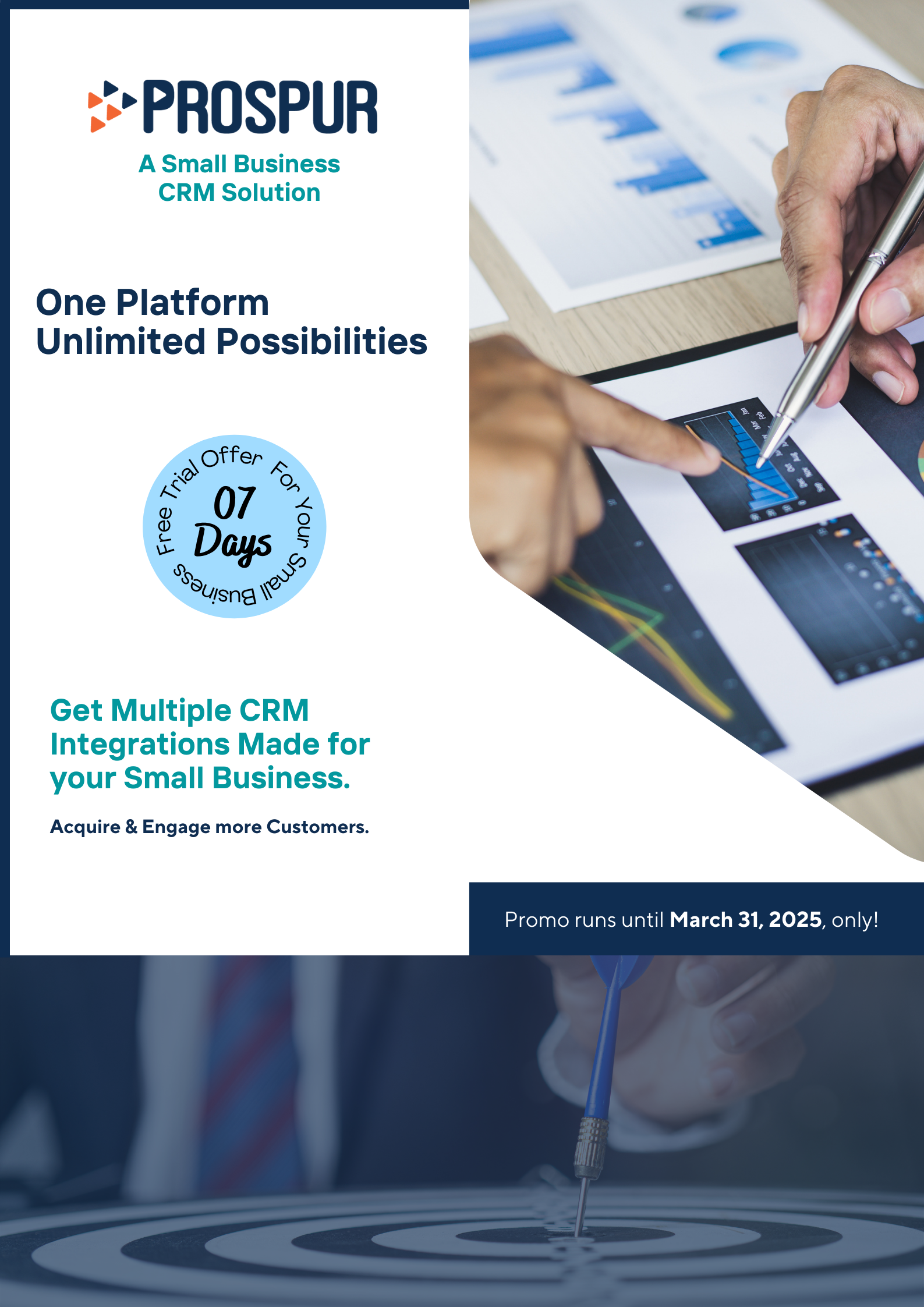3 Things To Watch Out For When Implementing A New CRM
Editorial StaffJanuary 28, 2024

The need for CRM has increased significantly post the COVID-19 pandemic, as businesses are looking for ways to connect with their customers better.
A well-executed CRM solution provides a seamless customer experience across a single integrated platform and increases the organization’s efficiency and productivity.
Most companies claim that Customer Relationship Management implementation is critical to ensuring customer satisfaction and improving customer retention.
However, a survey estimated that about 55% to 75% of CRM projects initially fail. The reason behind this isn’t the lack of technology; it is the lack of proper CRM implementation techniques.
Implementing a CRM model is challenging because it demands the involvement of all the employees and the integration of processes on every level.
3 Things To Watch Out For a Successful CRM Implementation:
#1. Secure Support from the Top Management
One of the biggest challenges of CRM is the lack of support from the company’s top management. The top management’s involvement is crucial for the success of any project, including CRM.
The first and foremost aspect is ensuring all senior executives are on board with the schemes and don’t just support but also contribute to implementing CRM across the hierarchy.
#2. Assign a Knowledgeable Leader
Devising a well-crafted CRM plan is only half the job; the other half is having a project leader or manager with a strong eye for detail who can run the project.
They should be able to make necessary and crucial decisions on the go and help others if they are stuck at any point. They will ensure that the CRM implementation roadmap is clear and that all the goals are met.
They will act as the single point of contact and update themselves with information about the CRM software, bugs, updates, and newer versions.
#3. Stipulate & Adopt a Comprehensive CRM Strategy
CRM implementation is not a one-off scheme but a continuous model that calls for regular strategizing and systemic action.
To have a successful CRM solution, an organization must develop a strategy that considers the dynamic nature of work processes throughout the business development life cycle and addresses the measures that need to be taken at each CRM implementation stage, the goals, and the milestones.
Adopting a customer-centric CRM system translates to establishing and upholding a healthy relationship with your customers. Along with a coherent CRM implementation strategy, it is also essential to formulate thorough CRM usage guidelines.
The CRM usage guidelines should be easily accessible and clearly articulate what needs to be done in the CRM implementation roadmap.
For instance, the guidelines will cover topics such as entering data into the CRM system, tracking sales progress through pipelines and reports, sending marketing emails, and offering prompt and effective customer service.
Bonus Tips For The Successful CRM Implementation:
Tip #1. Facilitate Employee Training & Provide Educational Resources
The employees of your enterprise should understand your CRM system and learn to use it right from the start.
Set up a CRM onboarding process for your employees and introduce them to the various strategies and techniques involved.
Provide access to training, introductory demos, classroom sessions, and resources such as informational videos, documentation, and online guides.
Encourage employees to take their time to understand the model and share questions, ideas, and suggestions throughout the process.
Tip #2. Promote Integration & Sharing of Information
In order to utilize your CRM system to its full potential, you need to ensure that you’re putting the highest quality of data in it.
This is possible when all the teams and departments come together to exchange their respective data. When various teams of an organization work in silos, a lot of important information is overlooked.
Integrating the work processes and information systems across units such as sales, marketing, and customer service can aid in effectively implementing CRM.
Implementing CRM with Prospur:
CRM implementation can seem challenging, especially for small and medium businesses. However, with the right kind of technology and expertise, your organization can easily overcome the challenges of CRM.
Powered with AI-infused business analytics and automation, Prospur is your one-stop business management platform for all your CRM implementation needs.
At Prospur, we offer features like Social Media Integration, Mobile Integration, Listings, and Reputation management. To know more, get in touch with us or check out our FREE Demo.

